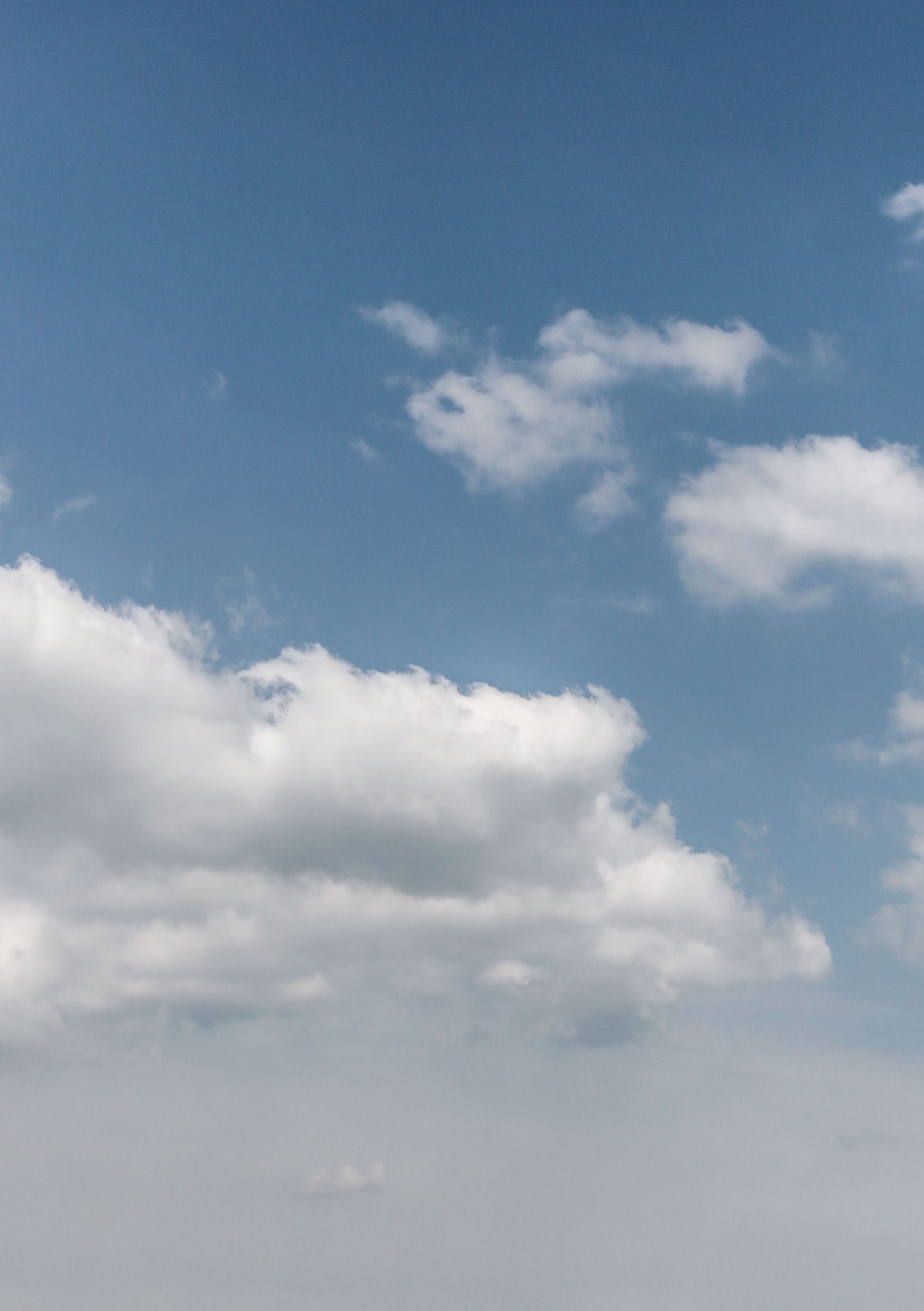Learnings – WHAT IS SLOW LIVING?
Words by Emily Coogan

Where each minute is packed and each day is scheduled beyond reasonable bounds, slowness has become a guilty pleasure.
Born out of a collective pleading for just one empty calendar date, slow living is a movement of meaningful, mindful downtime. With eyes on personal and social wellbeing, the practice asks us all to snap out of the hypnotism of hustle culture and the immediacy of this digital age.
At its core, slow living refutes the acceleration of our societal notions, emphasising quality over quantity. Between life in the fast lane, taking our foot off the gas and failures to pitstop, it’s no coincidence that modern metaphors compare our day-to-days to racing. To sit still directly opposes the expectations of speedy living, making it a challenge and a privilege to embrace everyday simplicity.
Early iterations of the movement can be traced to Italy, when the phenomenon of fast food graced the Mediterranean coast in the 1980s. Advocates for the ‘Slow Food Movement’ sought to protect tradition over fast-paced commercialism, inciting what we now know as a global push for slow living. On a wider scale, whatever we want to obtain is available, whoever we want to reach is available, and wherever we want to go is just a few steps away. Accelerating those wants and needs has us in a tailspin, countered only by the concept of slow living.
The emotional gymnastics of flipping between busy and busier is more exhausting than it is fruitful, but the polarity between slow living and typical lifestyles makes taking a break seem like an indulgence, just out of reach. We associate slowness with negativity, queues and lacking productivity, when all areas of life can benefit from taking things minute-by-minute, including work, rest, food, hobbies and fashion.
Those engaged in a slow approach value intentional, balanced living. Rather than associating success with the rush of being busy in the office and at home, they take time to catch their breath and appreciate the present. An unbusy lifestyle typically coincides with a less-is-more attitude, seeking enjoyment over endless itineraries. In the same vein, slow living also has close ties to the growing drive for sustainability. Our demand for less speed uses less energy and fewer materials, making a slow lifestyle one of minimal impact.
Stopping to smell the roses has a profound influence on our individual wellbeing, as the practice of slowness allows us to confront the whirring of ongoing life. By committing to a life with purpose, we can focus on overtones of delight rather than exhausting routines and depleting ambitions.
- Next
- Previous
- Explore our World of Self Care